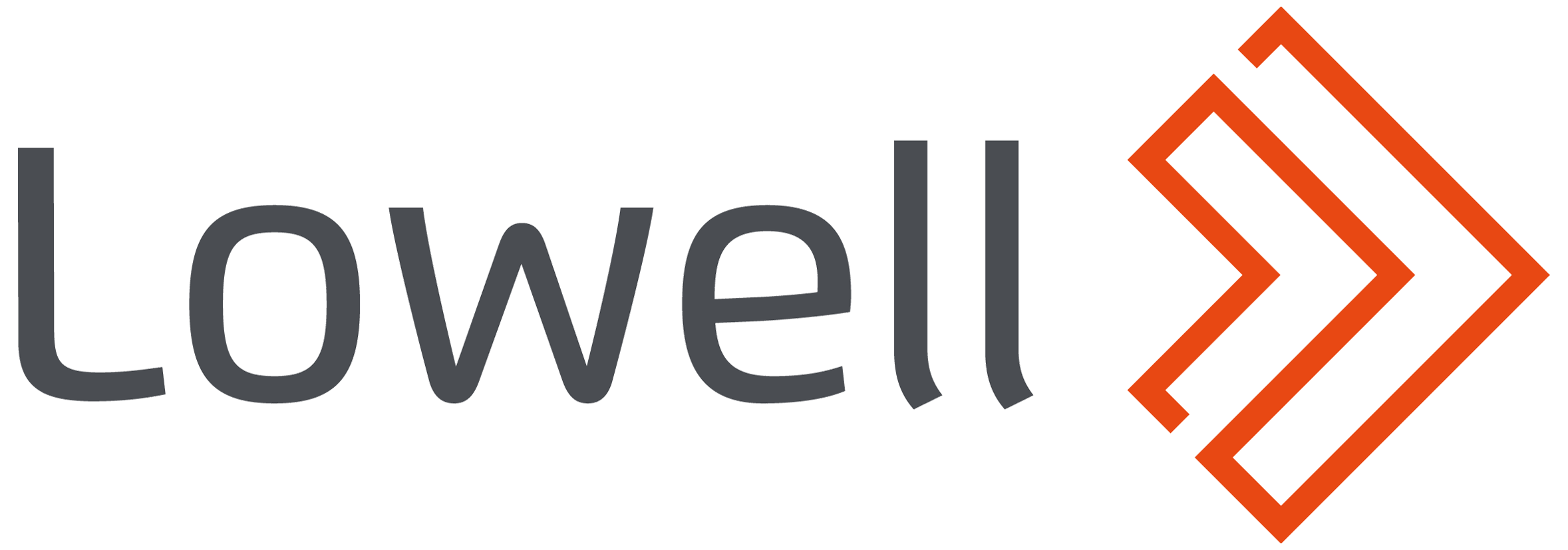Debt Guidance
Discover our range of guides for help and support about all things debt related
Confused by complicated financial jargon? You're not alone. Find out how many Brits misunderstand common finance terms and get the real definitions from Lowell.
Struggling to deal with your debts? Discover more about the debt avalanche method including what it is, how it works, by reading Lowell’s guide.
A Debt Relief Order is a way to deal with debts if you can't afford to pay them. Find out how Lowell will work with you if you need a Debt Relief Order.
Whether you’re struggling with rising costs, dealing with debt, or are on a low income, discover money saving ideas for families here.
Find out about statute barred debt including what it means, when debt becomes statute barred, and how you can work with Lowell to clear your debt.
Discover our guide on how to recognise if a debt is yours, and your next steps with Lowell. If you're worried that a debt isn't yours, find out how we can help.
A CCJ, or County Court Judgment, can affect your credit report. Find out more about CCJs, how to manage them, and how Lowell can help with a CCJ in your name.
This guide aims to help you understand what can happen if you ignore debt collectors including the steps that Lowell can take and the potential consequences.
At Lowell, our main priority is to support our customers on their journey to becoming debt free with us. Read this guide to discover how we can work with you.
Discover our guide on how debt purchasing works, how Lowell will protect your data, and how Lowell will work with you once we're managing your account.
Discover more about debt discounts and settlement offers, how they work, and how they affect your credit score.
A short-term solution providing you with temporary protection from your debts, read our guide to discover more about the breathing space debt respite scheme.
Have you come across the snowball method for debt but aren’t sure what it means? Read our guide to find out exactly how the debt snowball method works.
Discover different kinds of debt solutions that you can access if you're having problems with debt, and how Lowell can help you find free independent advice.
Have you seen Buy Now Pay Later options when online shopping? Read our guide on what Buy Now Pay Later means, how it works, whether it affects your credit score and more.
Wondering about how to clear your debt? We know dealing with debt can be difficult but paying off debt isn’t impossible. Read our guide to find out more.
Read our guide to redundancy and debt to learn about what to do, where you can find redundancy advice, and how Lowell can work with you to clear your debt.
Manage your debt online
Having an online account makes it quick and easy to manage your payment plan. Learn more about how you can manage your Lowell account online today.




